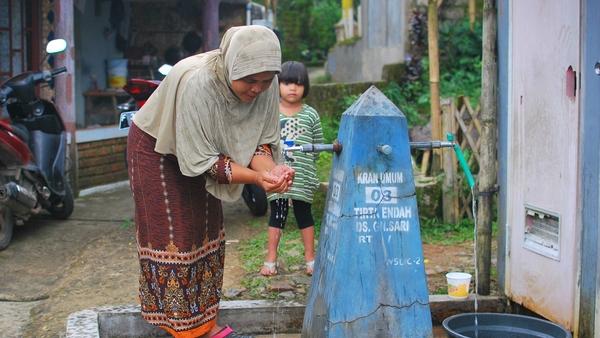Water and Sanitation in Indonesia
Access to clean water and adequate sanitation is a critical issue in Indonesia. This archipelagic nation is home to over 270 million people, many of whom lack reliable access to these vital resources. The importance of improving water and sanitation infrastructure cannot be overstated, as it directly affects health, quality of life, and economic development.
The Current State of Water Access
As of the latest reports, approximately 60 million people in Indonesia do not have access to clean drinking water. This staggering statistic highlights the dire need for investment in water infrastructure. According to the Borgen Project, millions of Indonesians rely on contaminated water sources, which can lead to serious health issues.
Sanitation Challenges
In addition to water access, sanitation remains a significant challenge. Many urban and rural areas are without proper sanitation facilities, resulting in open defecation and polluted water sources. These conditions pose serious public health risks, contributing to a variety of diseases, including cholera and diarrhea.
Government Efforts and Policies
The Indonesian government has acknowledged the severity of the water and sanitation crisis. Efforts are underway to strengthen policies and improve funding for infrastructure projects. Initiatives such as the National Urban Water Supply Program aim to boost accessibility and sustainability of water services.
The Role of NGOs and International Aid
Non-governmental organizations (NGOs) have been instrumental in addressing water and sanitation issues in Indonesia. Through initiatives focused on education and infrastructure, these organizations play a key role in promoting sustainable practices. International aid and partnerships also enhance the effectiveness of local programs, providing much-needed resources and expertise.
Looking Towards the Future
While challenges remain, there is hope for improvement in water and sanitation access in Indonesia. By prioritizing investment and collaboration among government, NGOs, and communities, the nation can enhance the living conditions of millions. Sustainable water management and sanitation practices are crucial for ensuring a healthier future for all Indonesians.

